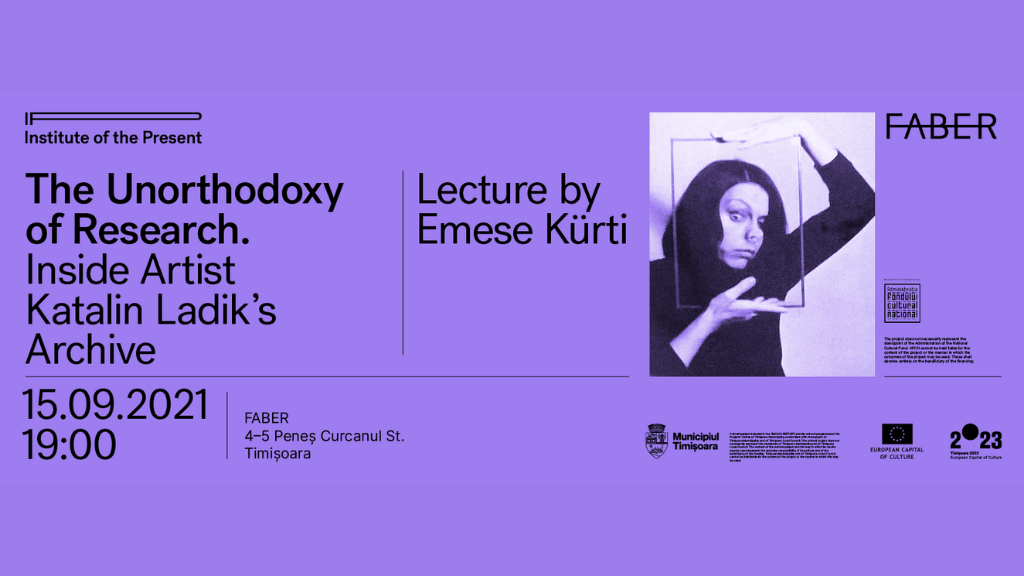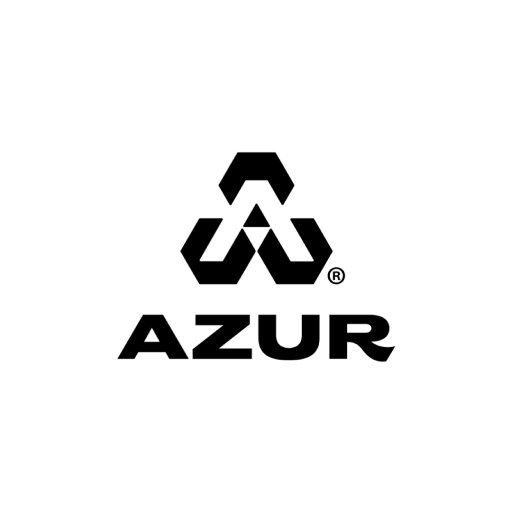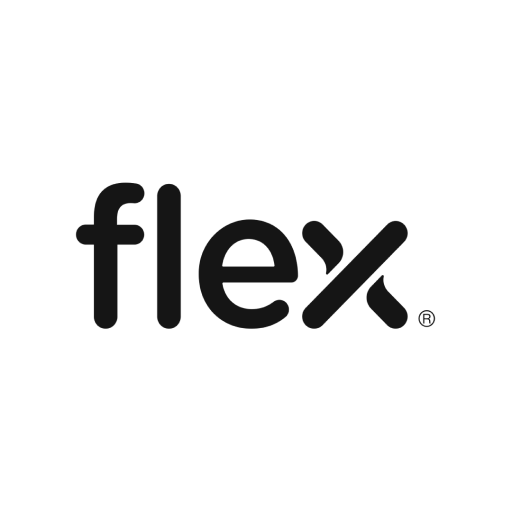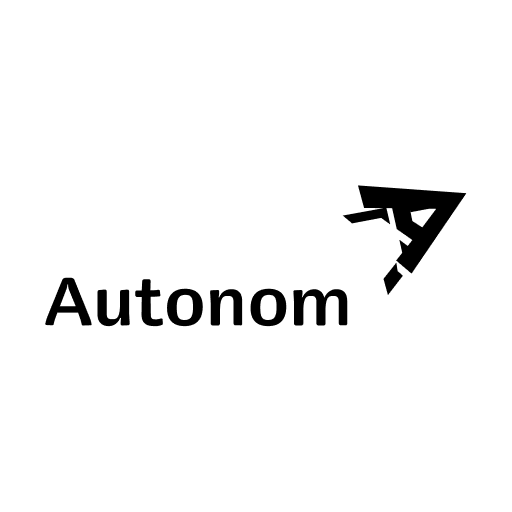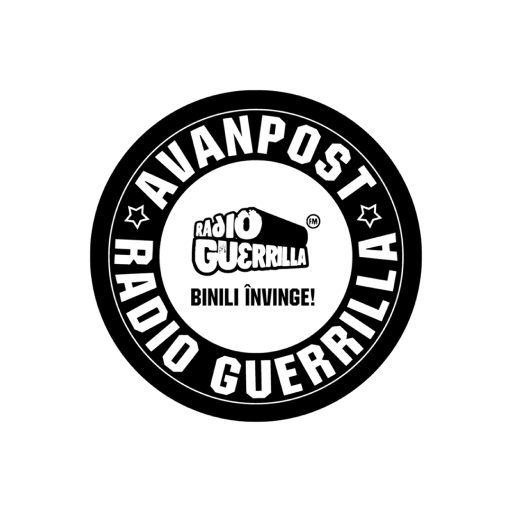UNCENSORED ACT
Lecture programme
EMESE KÜRTI: The unorthodoxy of research. Inside artist KATALIN LADIK’s archive
Wednesday, September 15, 2021, 19:00
FABER, 4-5 Peneș Curcanul, Timișoara
free access, event held in English
The Institute of the Present (IP) opens the lecture series in the frame of “Uncensored Act” programme in Timișoara. The talks in 2021 start a thread dedicated to specific challenges and conditions of research inside artists’ and institutionalised archives, to existing practices and needs of structuring and digitising contents in order for these to become available for wider research. Centred on questions around (art) historical canons, artistic production, on the transfer, reception and circulation of contents, materials and ideas in a given cultural environment and geopolitical reality, the lecture series aims at opening a discussion about the afterlife of histories and the role played by artists in reshaping our understanding of a possible future.
The unorthodoxy of research. Inside artist Katalin Ladik’s archive
In the post-2010 decade, the former dynamics and hierarchy of cultural institutions in Hungary have been reconfigured, which has also negatively affected the conditions and possibilities of research. Parallel to this process, alongside state institutions, art market actors have emerged to shape the discourses neglected by museums in response to the demands of the global market and museum system. The institutionalisation and canonisation of neo-avant-garde art was largely driven by the ambition of the private sector, and this is how many Hungarian artists found their way into major international museum collections.
The Hungarian-born poet and performer KATALIN LADIK, born in Novi Sad, Vojvodina (Serbia) and who lives in Budapest since 1992, has been rediscovered in Hungary and globally within this reconfigured institutional framework. In my talk, I will present the process by which pieces of an Eastern European artist’s archive eventually became part of global institutions, with the background of the atypical context of a privately owned research site. Originally kept in her private residence, the artist’s works and documents, which have survived many hardships, have become part of the art historical narrative through the traditional academic route of research and processing, but also in the alternative institution of the commercial sphere. The ambivalences, dilemmas, advantages and disadvantages of a specific context, the desire for intellectual independence in the past and present, the crossing of languages, cultures and media are all inherent to working with Katalin Ladik’s archive.
EMESE KÜRTI is an art historian and researcher, head of Artpool Art Research Center and Deputy Director of Research at the Central European Research Institute for Art History (KEMKI) in the framework of the Museum of Fine Arts in Budapest. Previously, she was a lecturer at the Hungarian University of Fine Arts and the Central European University, a researcher of the Ludwig Museum—Museum of Contemporary Art, and head of the private research site, acb Researh Lab. She is a member of the Hungarian Section of AICA and of the NEP4Dissent international research network. Her research focuses on neo-avant-garde art practices in Hungary, Eastern Europe and Yugoslavia, including fluxus, action art, experimental poetry, performance, issues of minority and women’s positions. She holds a PhD in Film, Media and Cultural Theory from ELTE Budapest, and her dissertation was published by L’Harmattan in 2018. In the last few years, she has been focusing on the transregional artistic collaborations between Hungary and Yugoslavia (“Screaming Hole. Poetry, Sound and Action as Intermedia Practice in the Work of Katalin Ladik,” 2017), and the self-historicisation and institutionalisation of the Neo-Avant-garde.
Her recent projects include: “Poetry and Performance. The Eastern European Perspective” (co-curated with Tomás Glanc and Sabine Hänsgen, Kassák Museum, Budapest, 2021); “What Will Be Already Exists: Temporalities of Cold War Archives in East-Central Europe and Beyond” (with Zsuzsa László, Transcript Verlag, 2021 forthcoming).
___
IP—The Institute of the Present is a research and an artist resource platform in the field of visual and performing culture conceived by Ștefania Ferchedău and Alina Șerban, established in Bucharest. Centred on artists and their personal accounts, on time-specific encounters and forms of (self) archiving, the Institute looks at various practices and situations from the recent past until today from a transnational and transcultural perspective.
The “Uncensored Act” programme in Timișoara is initiated and directed by Ștefania Ferchedău. Project developed by The Institute of the Present in the frame of the Cultural Programme Timișoara 2023—European Capital of Culture.
The “Uncensored Act” lecture programme in 2021 Timișoara is also part of the project “Digital Parkour of Visual and Performative Works”, cultural project co-funded by the Administration of the National Cultural Fund.
Partners: FABER, Art Encounters, TRIADE Foundation
Photo: Katalin Ladik, “Poemim,” 1978, research photograph by Emese Kürti. The series is part of MoMA collection.
Visual: Sebastian Pren
___
The project does not necessarily represent the standpoint of the Administration of the National Cultural Fund. AFCN cannot be held liable for the content of the project or the manner in which the outcomes of the project may be used. These shall devolve entirely on the beneficiary of the financing.
Cultural project included in the TM2023 RESTART priority cultural programme of the Projects’ Centre of Timișoara Municipality, undertaken with the support of Timișoara Municipality and of Timișoara Local Council. The cultural project does not necessarily represent the standpoint of Timișoara Municipality and of Timișoara Local Council. The content of the cultural project and the way in which its results may be used represent the exclusive responsibility of its authors and of the beneficiary of the funding. Timișoara Municipality and Timișoara Local Council cannot be held liable for the content of the project or the manner in which this may be used.
___
Note: The event will take place in observance of sanitary rules in force at its date.
Contact: ip@institutulprezentului.ro, www.institutulprezentului.ro

